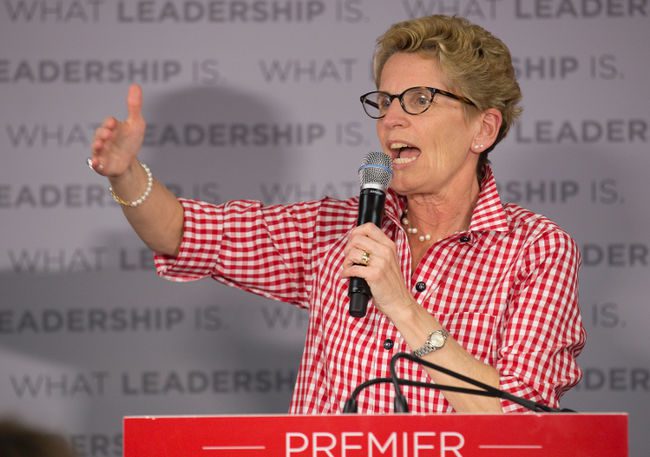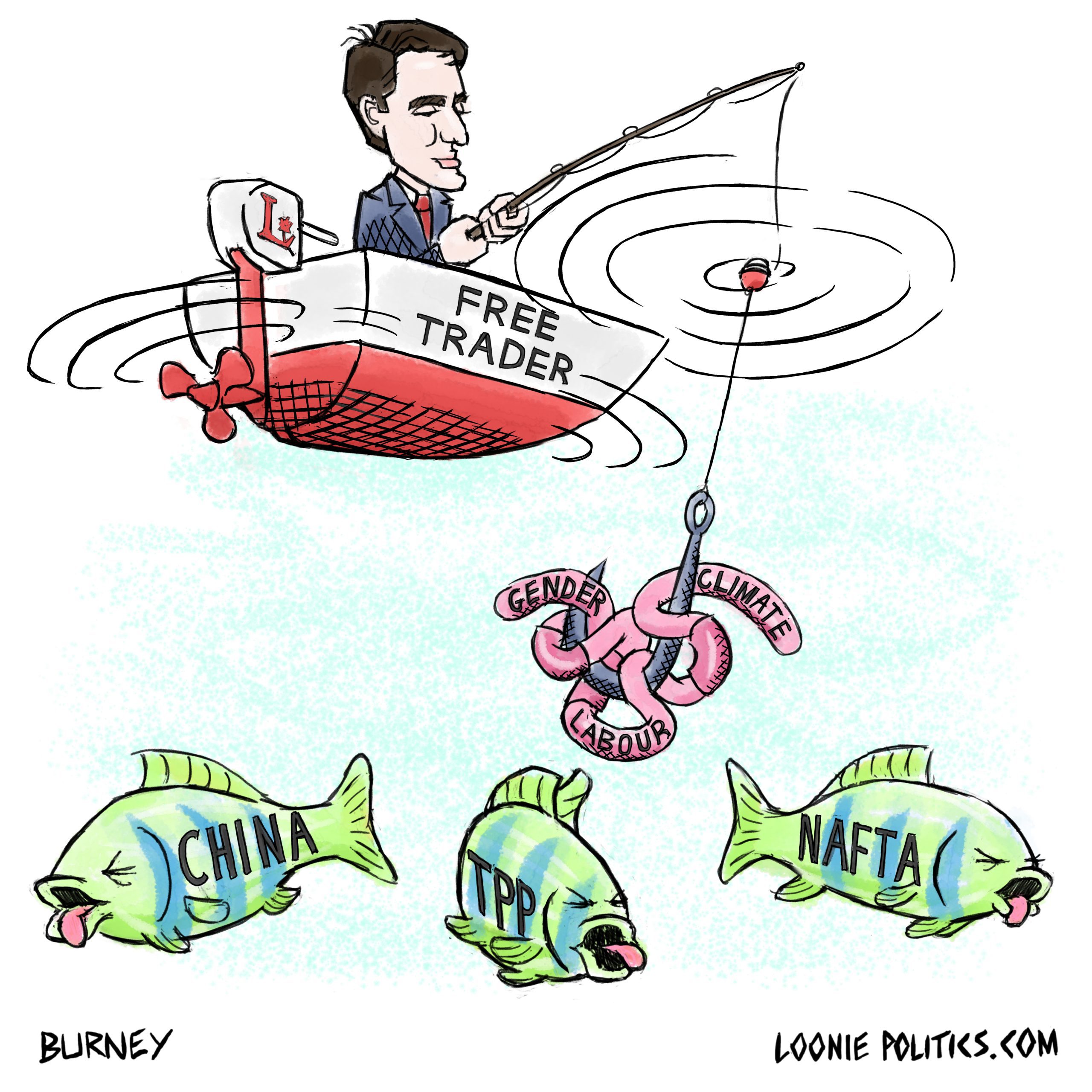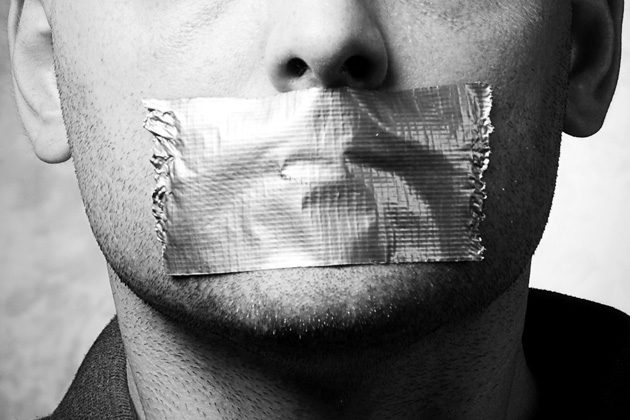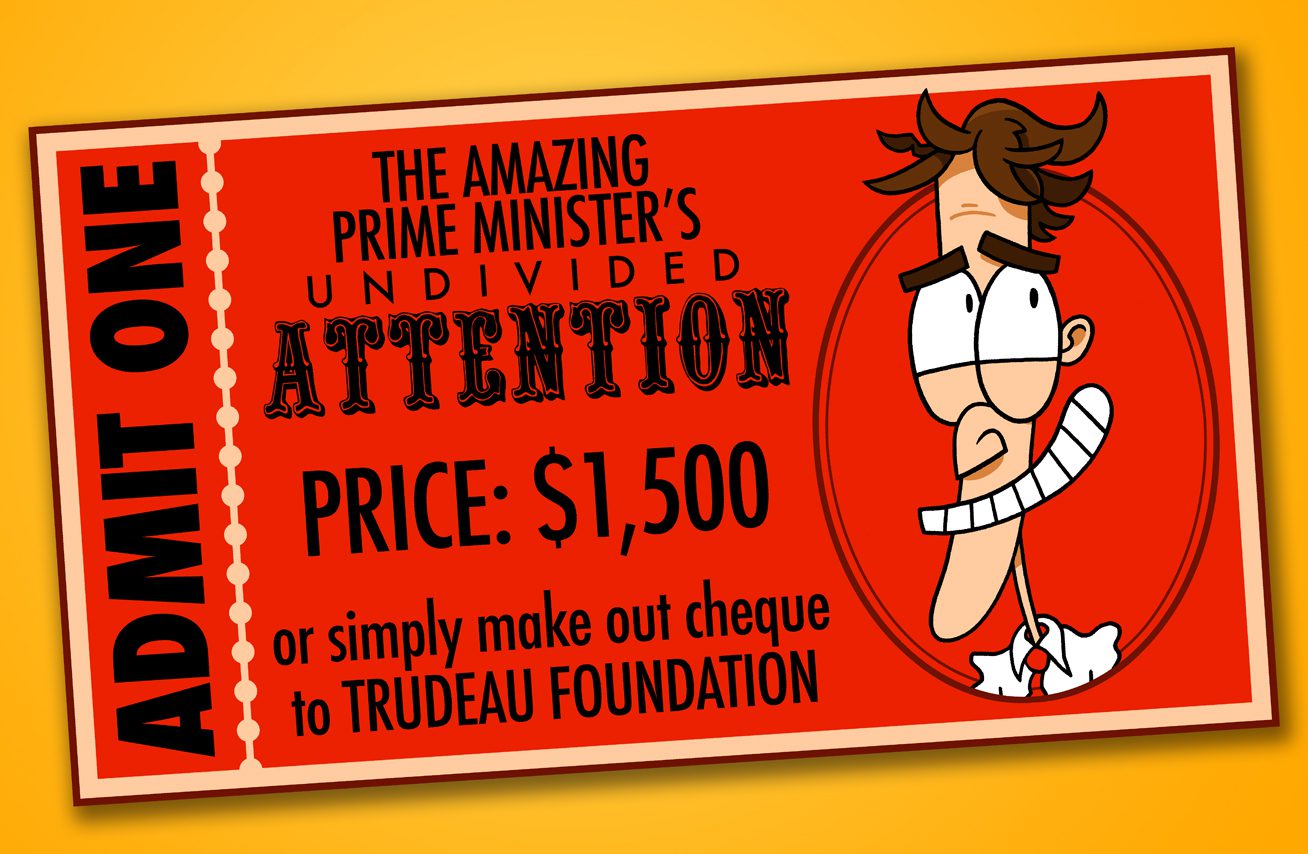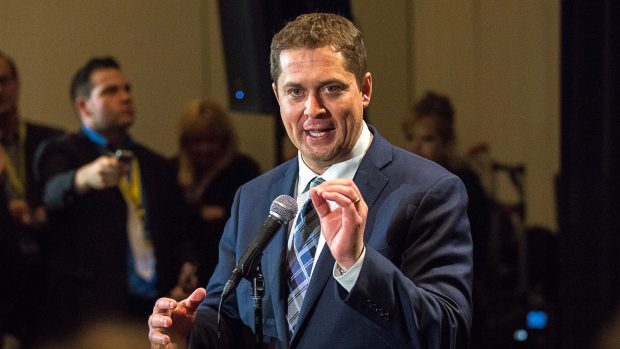Things are finally looking rosy for the long-suffering Ontario Progressive Conservative Party.
Its arch nemesis, the Liberal Party, is sinking in the polls; its brain trust recently released a well-received, allegedly attack-proof policy platform, and its leader, Patrick Brown, even sports a nifty new haircut.
All signs which surely point to an easy PC victory in next year's Ontario election.
Or do they?
I mean, if the past few years have taught us anything, it's that nothing in politics is certain.
Besides, at this stage it's actually impossible to accurately judge the PC party's battle readiness.
I know it's trite to say this, but campaigns do matter.
The fact is we won't really know how Brown's team will perform in action until the election actually kicks into high gear.
Until then we have only questions.
Questions like: How will the PCs deal with the media if it turns hostile? Is Brown any good on the campaign trail? Do the PCs possess the strategic flexibility to adapt their tactics if faced with changing circumstances? (As they say in the military, no plan survives contact with the enemy.)
On the other hand, while mystery surrounds the PCs, we know lots of things for certain about Premier Kathleen Wynne's Liberals, i.e. we know for certain they're a tough, battle-hardened and shrewd bunch; we also know for certain their political combat speciality is to pinpoint and then to mercilessly and relentlessly exploit an opponent's weaknesses.
Recall how the Liberals made mincemeat out of poor old Tim Hudak.
Of course, in the next election, the Liberals — tarnished by scandals and led by an unpopular leader — will be massive underdogs, but that only make them more desperate and desperate political parties usually do desperate things.
I fully expect, for instance, the Liberals will wage the nastiest most savage political ad campaign in Canadian history.
But, I hear you saying, haven't the PCs wisely inoculated themselves against any sort of Liberal negative attack by adopting an ideology-free, totally inoffensive, mind-numbingly bland policy agenda, known as the "People's Guarantee"?
And yes, certainly that's the obvious strategic rationale behind the "People's Guarantee" (which come to think of it, sounds like the slogan for a used car salesman).
Columnist Andrew Coyne called the PC policy agenda "mush", he's right; but the point is, mush is hard to attack.
But if you really think a mushy PC agenda will prevent the Liberals from going negative, think again.
Indeed, one of the most basic rules of politics is "If you can't attack the message, then attack the messenger."
And in this case that means attacking Brown.
His personality, his character, his religion, his values, his past associations, his hobbies, the way he treats his pets all will be put through a Liberal party media meat grinder.
By the time the Liberals are finished with him, Brown will look like a woman-hating, bible-thumping, gun-nutting, environment-despoiling, poor-person-despising, Vladimir-Putin-supporting, Donald-Trump-wannabe.
In short, they'll unleash hell on the guy.
And don't kid yourself; such an attack could impact voter attitudes.
But just as importantly it could also impact Brown.
If he responds to negative attacks by getting defensive or by going off message or by losing his composure, he'll hurt his cause.
What's more, if a Liberal assault does erode voter support for Brown, the PC party will have no choice but to fight fire with fire and hit Wynne with a negative attack of its own.
And this raises more questions.
One question is tactical: Does the PC team have the needed brawling skills to take on the Liberals in a political street fight?
One question is strategic: If the PCs and Liberals become engulfed in a negative mud-throwing contest, will that repel voters, will it maybe cause them to consider a more positive electoral option, e.g. the NDP?
Who knows?
And that's basically my point; there are lots of unknown variables floating around, variables that can quickly change the balance of power during the next election.
If that sounds like I'm painting a pessimistic picture for the PCs, believe me, that's not my intention.
In fact, all things considered, PC party supporters have many reasons to be optimistic about their chances.
All I'm saying here is don't plan that victory parade just yet.



